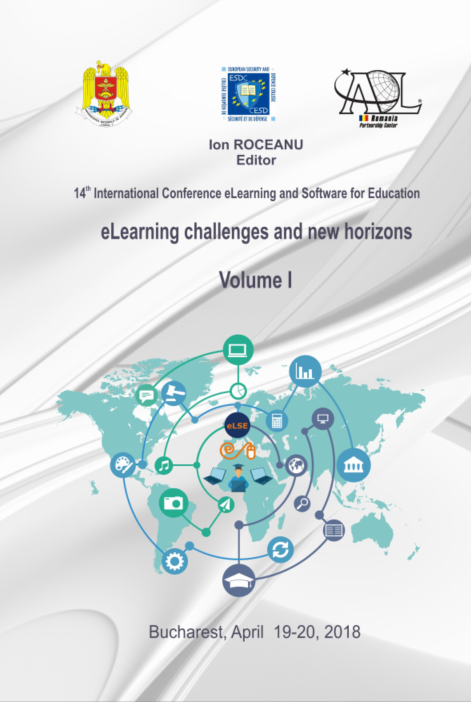An Empirical Study of Influence of Decision Category in Programming Performance Using the MBTI Model
An Empirical Study of Influence of Decision Category in Programming Performance Using the MBTI Model
Author(s): li Xuechao, Po-Chou Shih, Will SuhrburSubject(s): Social Sciences, Education
Published by: Carol I National Defence University Publishing House
Keywords: Myers-Briggs Type Indicator; Personality; Psychology; Programming Performance; Pedagogy; Thinking; Feeling;
Summary/Abstract: Programming performance in computer science disciplines has often been attributed to students' commitment to understanding the subject matter and their aptitude for logic and mathematics. Until now various technologies, such as optimization methods, have been researched by scientists and engineers. However, few studies focused on the influence of psychological factors on programming performance. Specifically, a research question that how personality factors impact the machine time of source code written by programmers needs to be solved. In this paper, we conducted a descriptive, non-experimental empirical study: utilizing personality factors based on Myers Briggs Type Indicator (MBTI) model to explore whether a personality impacts students' programming performance measured by machine time. Naturally, programmers who prefer to focus on the tasks at hand outperform programmers who put more focus on personal concerns. This hypothesis was verified by statistical analysis in our experiment. In this experiment, 324 students were recruited in Matlab programming course in the Fall semester, 2017 at Auburn University, USA. A personality survey hosted online at surveymonkey.com was administered to participants, while 7 assignments were used to test students' programming performance. Further, we also explored the relationship between programming performance and personality with the Pearson correlation method. Using statistical results from this empirical experiment, this paper discussed and made conclusions about the relationship between computer science students' performance on programming tasks and their personality, specifically Thinking and Feeling types. Based on experimental results, we also presented pedagogical guidelines for computer science instructors in their pursuits of educating the next generation of programmers.
Journal: Conference proceedings of »eLearning and Software for Education« (eLSE)
- Issue Year: 14/2018
- Issue No: 01
- Page Range: 153-158
- Page Count: 6
- Language: English

